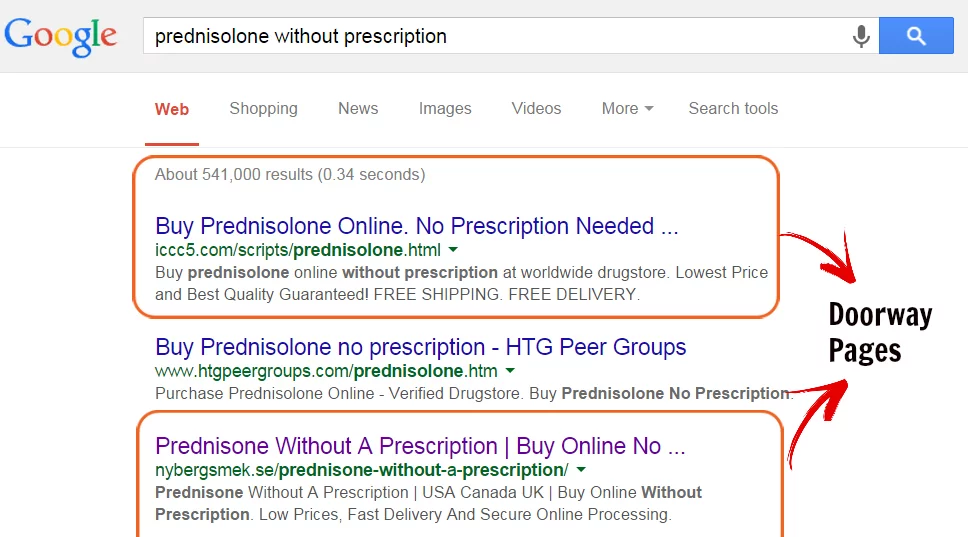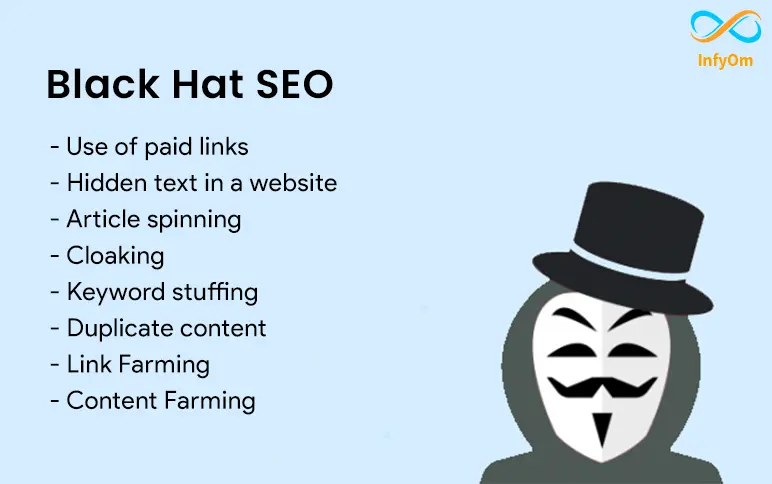Black Hat SEO refers to unethical and manipulative practices that use abnormal methods to influence search engine algorithms for better search visibility.
While Black Hat SEO might offer short-term gains, it leads to severe long-term consequences for a website’s SEO.
This article will examine Black Hat SEO techniques and how they damaged BMW’s online presence.
BMW’s Black Hat SEO Controversy
What Happened?
In 2006, BMW used doorway pages to increase search volume and rankings for target keywords.
The keyword used for creating these doorway pages was ‘used cars.’ When users clicked on these pages, they were redirected straight to BMW’s own site.

BMW chose this strategy because their site primarily used Javascript that Google couldn’t understand at the time.
Google had issues recognizing Javascript back then.

Of course, Google can now read Javascript. Search algorithms have become much more complex and advanced, making such strategies obsolete.
What is a Doorway Page?
Have you ever clicked on a search result only to be redirected to a page different from what you saw in the search engine?
Known also as gateway pages, entry pages, or bridge pages, doorway pages are web pages created primarily to manipulate search engine rankings.
These pages are usually designed to rank highly in search engine results for specific keywords and phrases, but when users click on them, they are redirected to other pages.

Doorway pages aim to deceive search engines by showing content different from what is displayed to users, thereby increasing a website’s visibility for certain terms.
Doorway pages may include cloaking, where the content shown to search engine crawlers differs from what users see. This is another attempt to mislead search engines about the true nature of the page.
The Risks of Black Hat SEO and Why Compliance is Crucial
Due to this incident, Google downgraded BMW’s PageRank to 0, effectively excluding BMW’s rankings from Google search results.
BMW admitted to creating doorway pages but officially denied deceiving users. However, the severe negative impact on their SEO was undeniable.
In conclusion, while the quick gains from Black Hat tactics might seem appealing, they can result in very serious long-term failures.
Long-term SEO success is rooted in ethical practices, high-quality content, and a commitment to providing a positive user experience.
Therefore, websites that prioritize sustainability and authenticity are more likely to succeed in the evolving digital marketing landscape.



